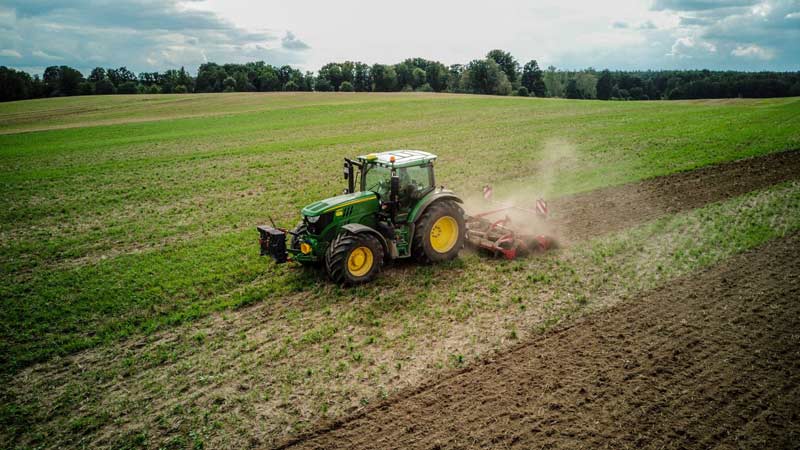It is a known fact that agricultural revolution is always a prerequisite to economic emancipation of any nation and her people. A strategic, systematic and consistent progress is essential to achieve this process. The anticipated success is anchored on an all-inclusive exchange of feasible realities and partnerships considering our strengths, weaknesses, opportunities and threats. This synergy is expected to birth a new state and nation as a whole. Our metrics are available and speak of our readiness and willingness to build mutually beneficial relationships.
We have a dream in Oyo state to chart this course to an irreversible return where the rural economy will be improved, innovative and dynamic to accommodate vital stakeholders that are crucial to her developmental stages and phases. It is a continuous process that will kick start at the summit.
Historically, Oyo state has an indelible record in the nation’s agro- economic life. Since its establishment in 1976, agriculture has been the major promoter of industries and commerce in the state centered on prominent commodities like maize, yam, cassava, millet, rice, plantains, cocoa, palm produce, cashew, etc. Benefits from the commercial activities of these commodities made economic landmarks channeled to the overall development of the western Nigeria.

Fast forward, the collective neglect of the sector has negatively impacted the economy of the state and the nation but with a renewed consciousness of the imminent prosperity locked in this sector, we are now in the season of rebirth. We are in a state of flux in the agricultural transformation of the state and the strategic development of her over 1.2 million smallholders farmers will pave way for shared prosperity.
In the last decade, the poultry and fishery industries have also experienced economic boost resulting into thousands of jobs created across the value chain in the state. According to experts, Oyo state and Ibadan in particular is arguably the hub for sixty percent (60%) of all the poultry production in Nigeria. The subsector of the national economy boasts of one of the highest investments in agriculture with net worth of over N250 billion.
Similarly, the aquaculture industry is increasingly a major contributor to the nation’s economy. As at 10 years ago, total contribution of fisheries to the Nigerian economy has been estimated at ₦126.417 billion gross output with a capitalization of ₦78.530 billion. In addition, the total aquaculture investment and capital contribution in the country are put at ₦7 and₦20 billion, respectively. Fisheries contribute over one billion US dollars to the nation’s Gross Domestic Product (GDP), adding that the demand for fish and investment in commercial fish farming in Nigeria is rapidly expanding at 25-33% per year. Very recently, Nigerian consumers’ preferences have led to an ever-increasing demand for catfish over other fish species.
In the quest to revitalize the agricultural sector, the state government has proactively laid a foundation through its agribusiness framework as the major policy thrust that will sustainably revive commerce in the comparatively advantaged areas of the sector. A ten year foresight projection for the total revamp of the sector is expected with its impact felt through the entire fabrics of the nation.

